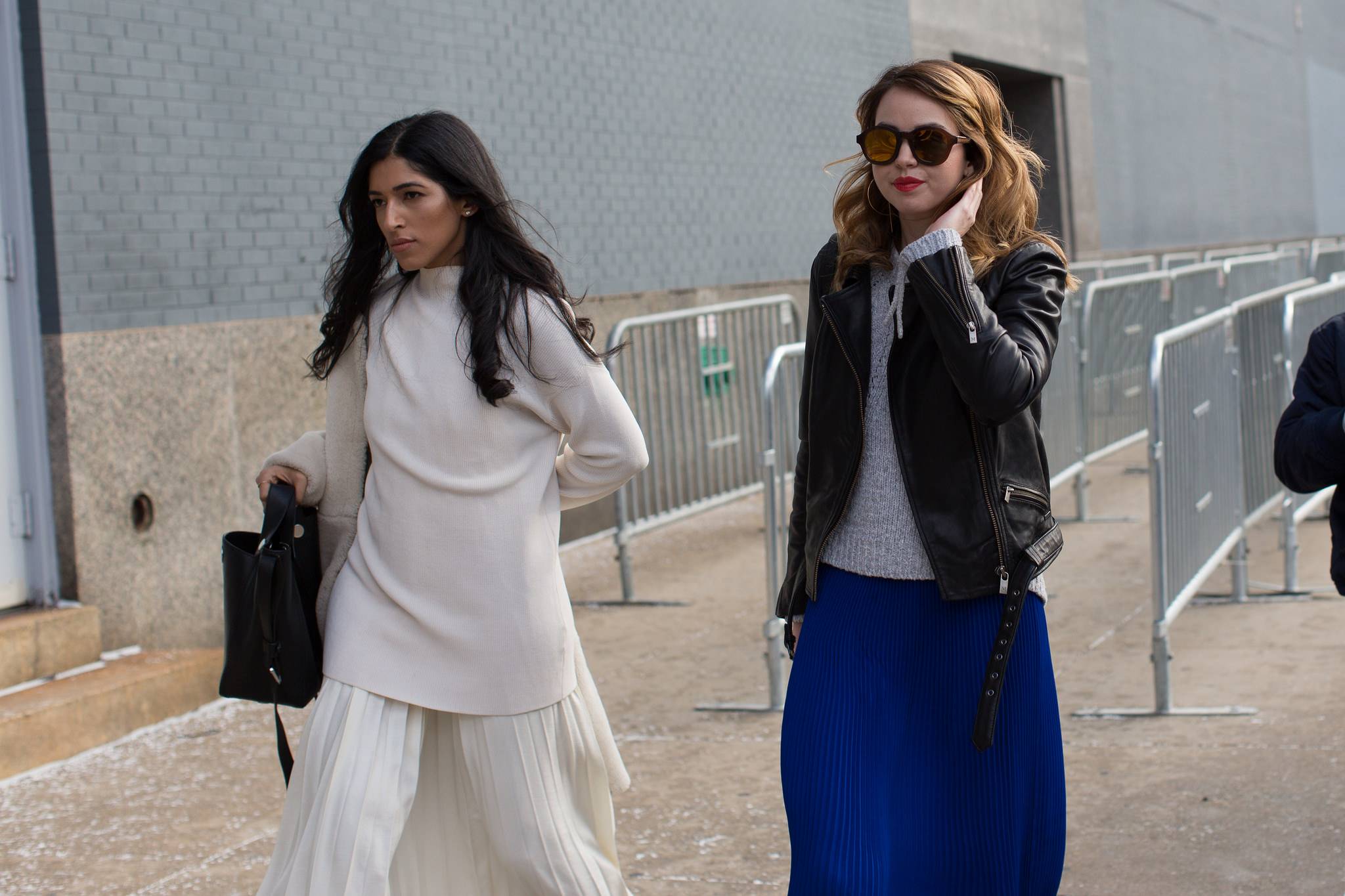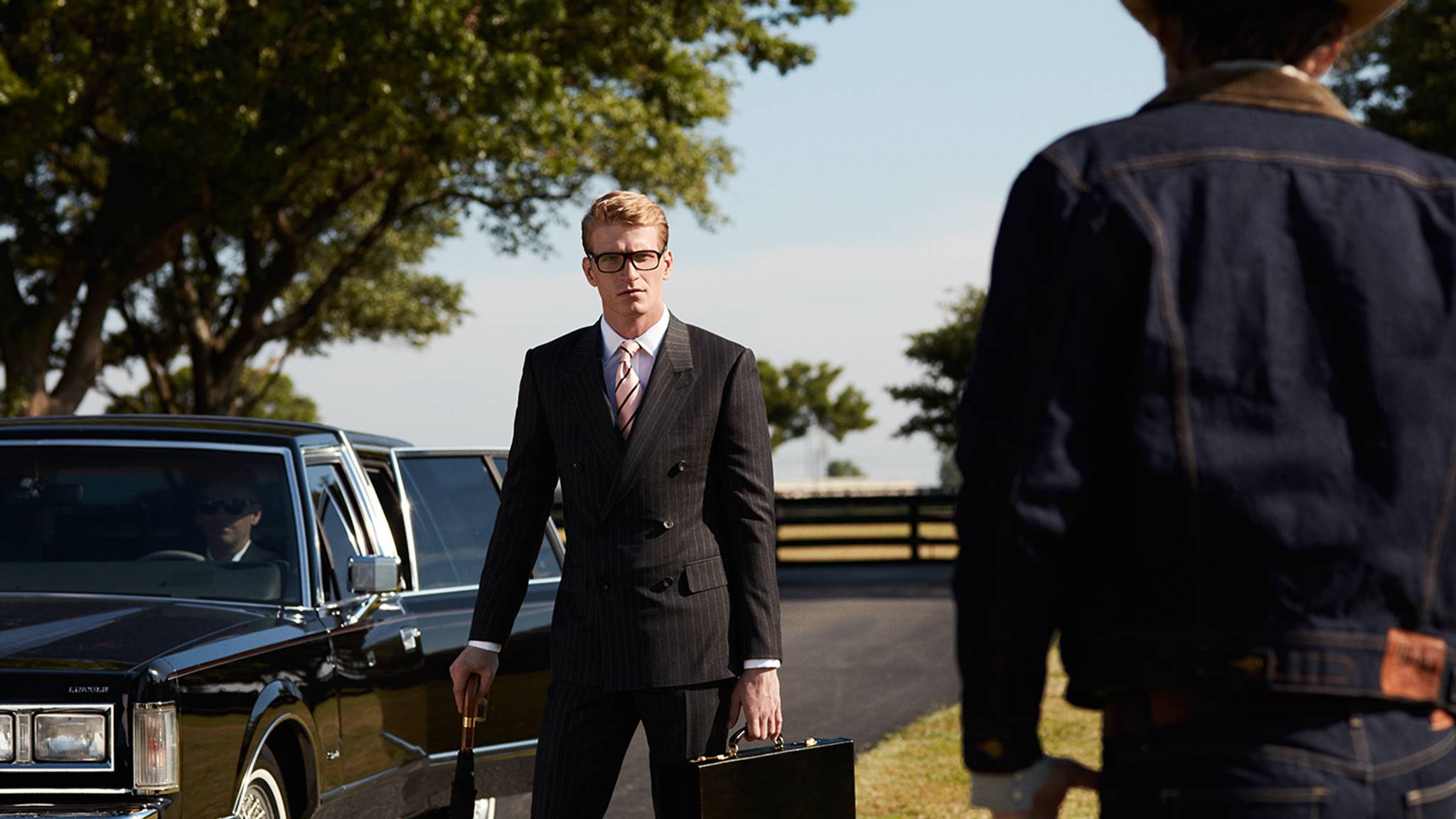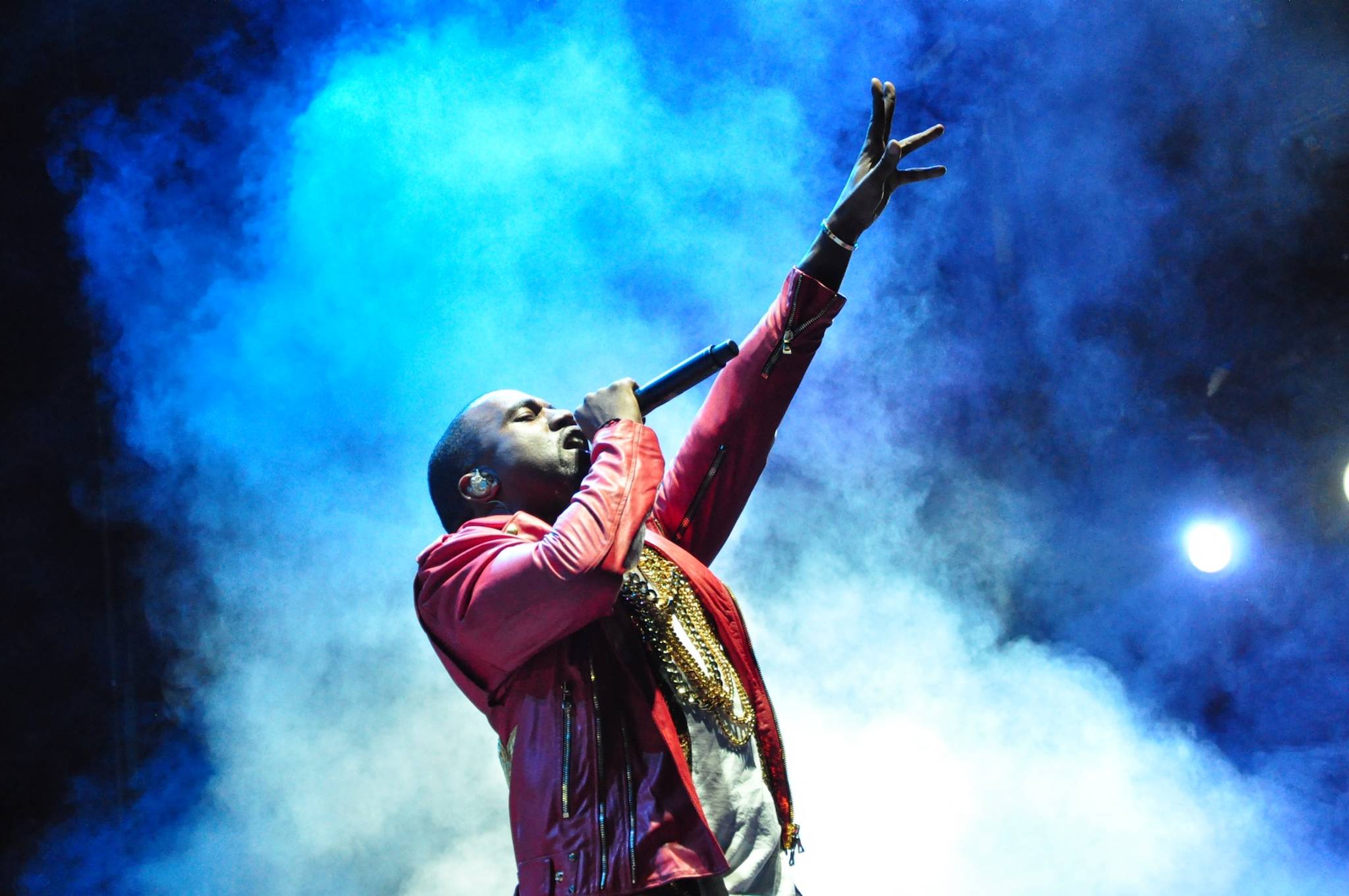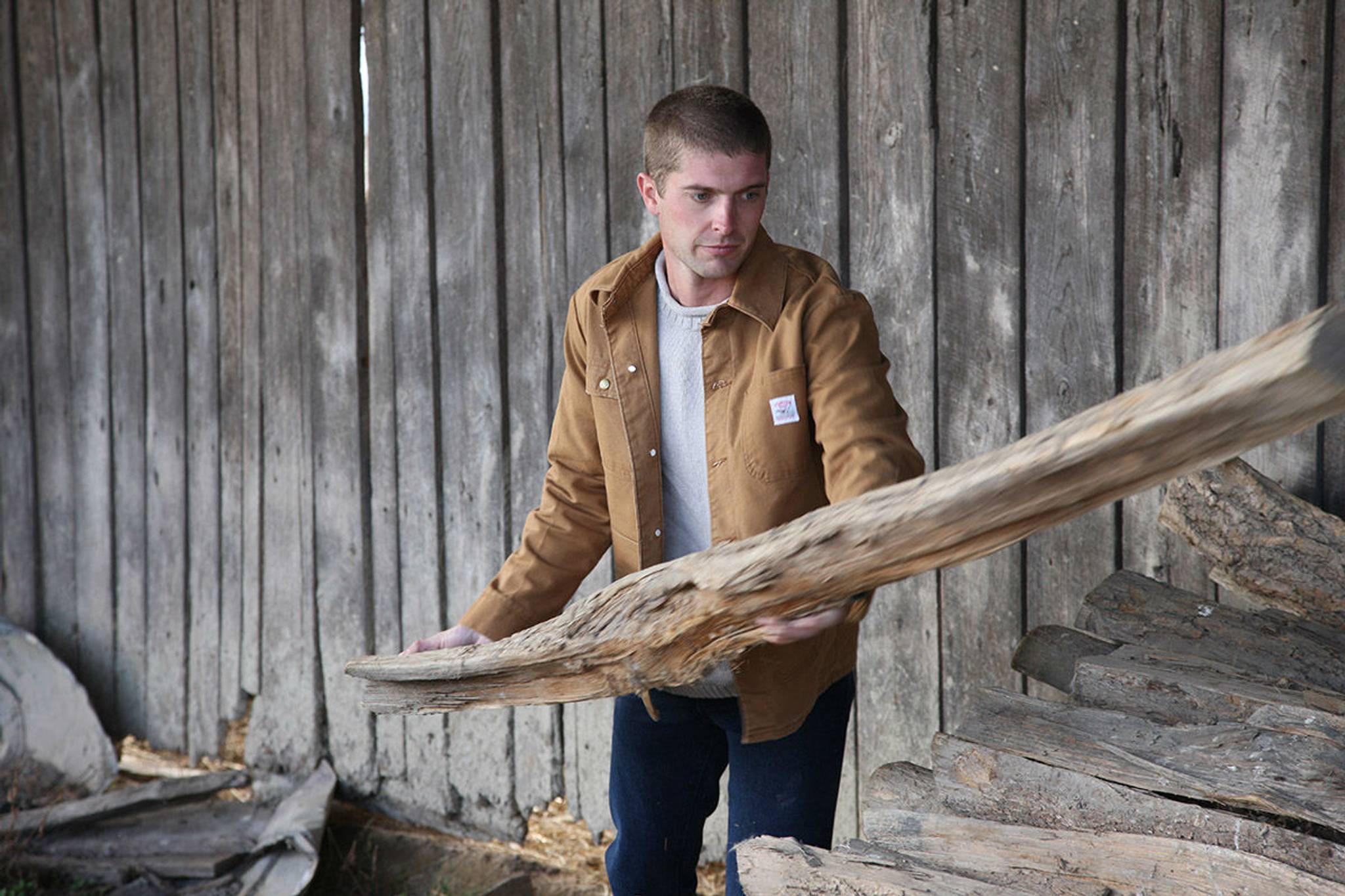
By letting people glimpse celebrities’ off-duty style, the paparazzi shots in gossip rags have become an unexpected source of style inspiration. We uncover the insights behind how Kanye West’s Yeezy line turned the tables on the tabloids and used the paparazzi format to its advantage, capturing casual glamour and increasing brand authenticity.
The promotional pictures of Kanye West's Yeezy Season Six resemble spontaneous paparazzi shots. The photos, which feature Kim Kardashian going about her life – getting groceries, pumping gas, or even sneaking off to a McDonald’s – were carefully staged and styled by former French Vogue editor Carine Roitfeld. And rather than being released in an official lookbook or catalogue, they were instead posted on Kardashian’s Twitter account with little context – riffing on how West's influential wife's most mundane moments can influence fashion the world over.
With 85% of people saying that they are affected by celebrity social media endorsements, and fast-fashion brand Boohoo reporting a doubling in sales among Gen Z shoppers after hiring celebrity endorsers, the fame game continues to be crucial in influencing people’s purchasing choices. As the internet enables people to shop stars’ outfits with ease, and with street style more affordable than red carpet glam, shoppers are drawing inspiration from 'off-duty' looks – captured by the paparazzi flash – for tips on how appear fashionable in everyday life.
By playing up everyday chic and doing away with occasion-led glamour, Yeezy's campaign appeals to the 63% of people who say they would rather buy from a brand that is authentic. The gesture is also highly self-aware, as Yeezy positions itself in a way that understands and accepts how the public already perceives it. The tactic has seen success with other celebrity-led fashion brands, such as Alexa Chung’s eponymous label.
“Celebrity fashion lines are able to offer consumers something that can't be obtained through most traditional fashion brands: the ability to replicate or inhabit the ‘essence’ of a celebrity that they admire,” writes fashion historian Sara Idacavage. “Clothing and accessories that are (supposedly) designed and marketed by celebrities are like real, physical pieces of a celebrity lifestyle that previously felt inaccessible to the average person.”
Oriyan Prizant is a researcher at Canvas8, which specialises in behavioural insights and consumer research. He has a BA in law, which focused on people's perceptions of contract breaches, and cultivates an unhealthy interest in Korean pop music.



